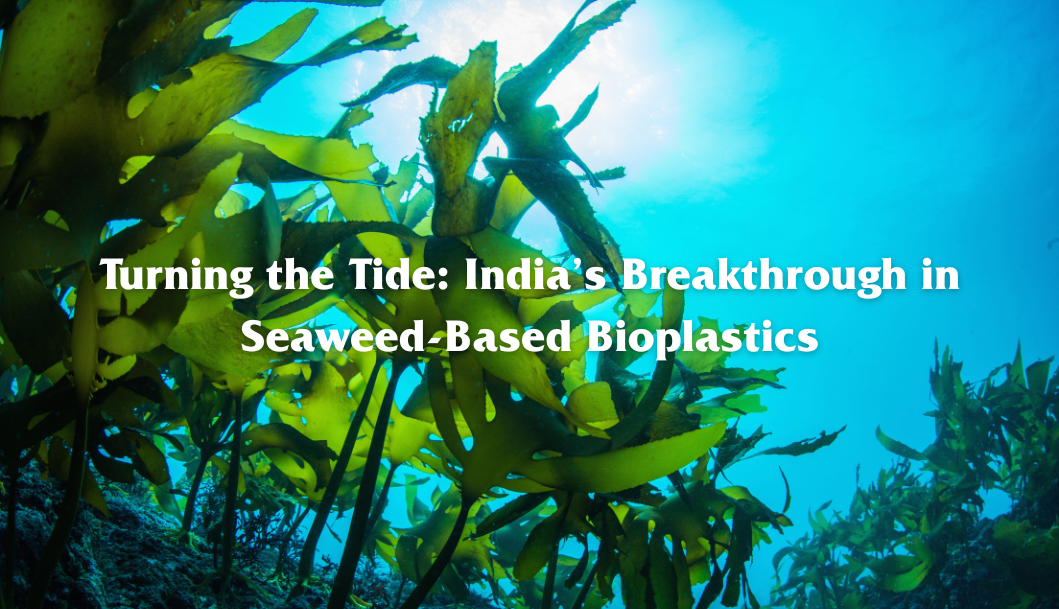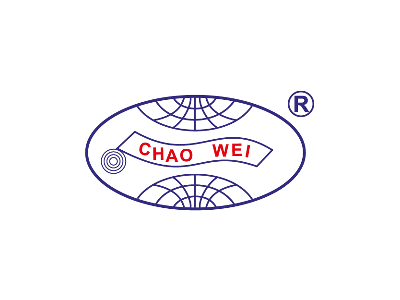Turning the Tide: India’s Breakthrough in Seaweed-Based Bioplastics

New Delhi – Scientists from the National Institute of Ocean Technology (NIOT) have unveiled a groundbreaking bioplastic film derived from marine seaweed and polyethylene glycol (PEG-3000). This innovation presents a promising, eco-friendly alternative to conventional plastics and could become a pivotal solution in reducing global plastic pollution.
Unlike traditional plastics that take centuries to degrade and often release harmful chemicals into the environment—especially when in contact with water—these seaweed-based bioplastics naturally break down without leaving toxic residues. The new film also matches the physical and mechanical characteristics of traditional plastics, making it a viable replacement for everyday use.
While other bioplastics made from corn starch or sugarcane have gained traction as renewable options, they often compete with edible crops for land use. Seaweed, by contrast, grows in the ocean and requires no freshwater, fertilizers, or arable land—making it a more sustainable feedstock. This is particularly relevant in densely populated countries like India, where plastic packaging demand is high and land resources are limited.
The NIOT team specifically used Kappaphycus alvarezii, a red algae known for its carrageenan content and industrial value. Grown in just 45 days using only sunlight, this seaweed offers an abundant and low-cost source of polymer. Its natural properties enable excellent oxygen and moisture permeability—two critical factors for food packaging that extend the shelf life of fresh produce.
To enhance the material’s flexibility and strength, researchers incorporated PEG-3000, a non-toxic plasticizer widely used in medical applications. The resulting bioplastic not only shows promising tensile strength but can also be safely composted with regular food waste.
This study, conducted by Dr. Muthiyal Prabakaran Sudhakar, Mr. Dhassiah Magesh Peter, and Dr. Gopal Dharani of NIOT’s Marine Biotechnology division (under the Ministry of Earth Sciences), has been published in the Environmental Science and Pollution Research journal. It signals a significant step forward in the global pursuit of biodegradable and sustainable plastic alternatives.
بثق وخطوط البثق
- الهواء فقاعة الفيلم النتوء الخط
- الهواء فقاعة الفيلم النتوء الخط
- الهواء فقاعة ورقة المشارك النتوء الخط
- حقيبة صنع الآلات
- ضربة فيلم ماكينة
- ضربة فيلم إكسوسيون
- مهب فيلم ماكينة
- يلقي فيلم آلة
- آلة طلاء
- إبس / إيب رغوة ورقة خط البثق
- الطارد
- آلات الترقق
- Extrusion Lines For Filaments and Yarn
- Extrusion Lines For Pipes and Profiles
- آلات حيدة البثق
- خط حيدة النتوء
- PET Strapping Band Extrusion Lines
- البلاستيك حقيبة صنع الآلات
- البلاستيك فيلم المشارك النتوء
- ماكينات تصنيع الأنابيب البلاستيكية
- البلاستيك أنبوب ماكينة
- بك خرطوم ماكينة
- سترو، صنع الآلات
- التوأم برغي الطارد
- التوأم برغي بثق
- المنسوجة حقيبة ماكينة
معدات إعادة التدوير للتجهيز المسبق
- زجاجة غسل الخط
- محطم
- المحبب
- بيليه
- إنتاج الكسور
- Pelletizing Machines
- بيت زجاجة إعادة تدوير الخط
- بيت الساخنة غسل الخط
- آلة تكوير
- معدات إعادة تدوير البلاستيك للتجهيز المسبق
- ماكينات إعادة تدوير البلاستيك
- البلاستيك آلة إعادة تدوير النفايات
- خطوط إعادة التدوير
- آلة إعادة التدوير
- التقطيع
- العصارات
- خط الغسيل
- معدات إعادة تدوير النفايات


















